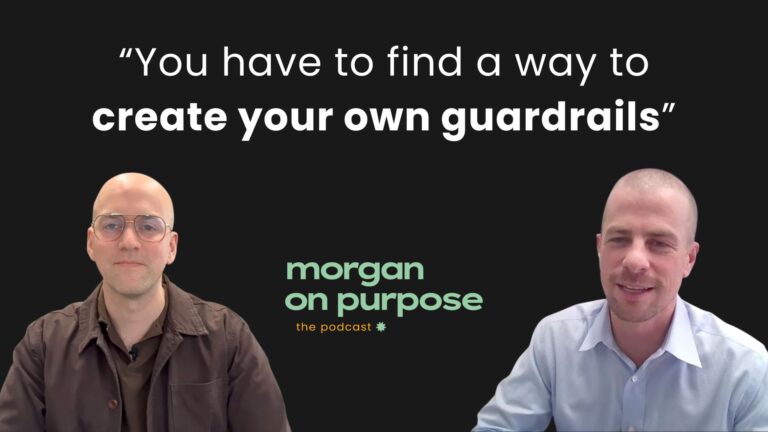I’m not surprised that people are confused about money. Most of us have been receiving messages about money since childhood. Whether it’s intentional (a parent saying, ‘We can’t afford this’) or subliminal (little catchphrases we use everyday), we’re constantly inundated with messages about money.
Anyone trying to develop an intentional, purpose-driven relationship with money has to start with a simple question: How do you think about money? Here’s some food for thought:
Money is the root of all evil. But also, money makes the world go round. After all, Abba told us it’s a rich man’s world.
But remember! Money isn’t everything.
We know that time is money, but money can’t buy time. Money can’t buy you love, either, if the Beatles are to be believed.
Still, when poverty comes through the door, love flies out the window. We know money doesn’t buy happiness, but we’re told money makes the man. After all, money talks!
(Unless you have a lot of it, because wealth merely whispers.)
We know that eventually we that we’ll have to pay the piper and that beggars can’t be choosers. Speaking of, begging is frowned upon but the best way to make money is to have money—money makes money!
Remember: Money doesn’t grow on trees. Money also hurts—that oh-so-common refrain of “no pain, no gain” stems from an old money mantra.
A penny saved is a penny earned, and you shouldn’t be pound wise but penny foolish. Even still, neither a borrower nor a lender be—that’s according to Ben Franklin, who talked about money enough to name his alter ego Poor Richard.
In fairness, Franklin started out penniless and went on to become filthy rich. Which is another crazy phrase! We talk about dirty money and the need to launder it.
But even with honest money—one man’s loss is always another man’s gain.
We want to build a nest egg but shouldn’t put all of those eggs in one basket. Speaking of eggs, a bird in hand is better than two in a bush.
So what’s the takeaway?
Be happy if you have two pennies to rub together. At least, that’s my two cents as a financial advisor.
But in all honestly, as cute as it is to wrap up a list of money mantras with a few final phrases, it’s worth taking some time to think through how many of these phrases you’re used to hearing, and how many you repeat to yourself.
If you want to take a closer look at how these phrases work their way into our long-term relationship with money, I get into all of it in my book: Money with purpose.


